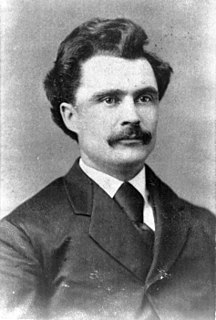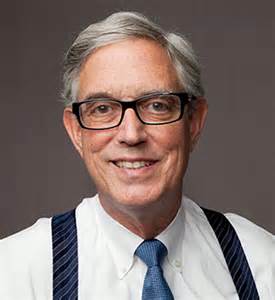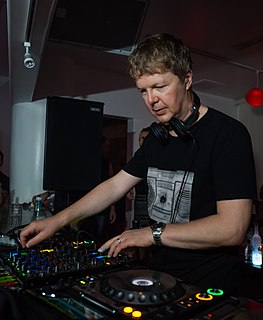A Quote by Marcus Tullius Cicero
What one has, one ought to use: and whatever he does he should do with all his might.
Related Quotes
I felt that no boy should have to depend either for his leg or his life upon the ability of his parents to raise enough money to bring a first-class surgeon to his bedside. And I think it was out of this experience, not at the moment consciously, but through the years, I came to believe that health services ought not to have a price tag on them, and that people should be able to get whatever health services they require irrespective of their individual capacity to pay.
Therefore the good man ought to be a lover of self, since he will then both benefit himself by acting nobly and aid his fellows; but the bad man ought not to be a lover of self, since he will follow his base passions, and so injure both himself and his neighbors. With the bad man therefore, what he does is not in accord with what he ought to do, but the good man does what he ought, since intelligence always chooses for itself that which is best, and the good man obeys his intelligence.
Once in his life, a man ought to concentrate his mind upon the remembered earth, I believe. He ought to give himself up to a particular landscape in his experience, to look at it from as many angles as he can, to wonder about it, to dwell upon it. He ought to imagine that he touches it with his hands at every season and listens to the sounds that are made upon it. He ought to imagine the creatures there and all the faintest motions of the wind. He ought to recollect the glare of noon and all the colors of the dawn and dusk.
At least once every human should have to run for his life, to teach him that milk does not come from supermarkets, that safety does not come from policemen, that 'news' is not something that happens to other people. He might learn how his ancestors lived and that he himself is no different--in the crunch his life depends on his agility, alertness, and personal resourcefulness.
Drug use, some might say, is destroying this country. And we have laws against selling drugs, pushing drugs, using drugs, importing drugs. And the laws are good because we know what happens to people in societies and neighborhoods which become consumed by them. And so if people are violating the law by doing drugs, they ought to be accused and they ought to be
convicted and they ought to be sent up.
. . . What role does historiography play in the way a society and culture "remembers" past events? Does the historian have a moral or civic responsibility to this project of memory that ought to influence the way he or she engages in historical practice? Should moral concerns influence the historian's choice of subject matter, of issues to discuss, of evidence to use?
Vinyl, CDs or laptops, it doesn't matter - you should use whatever
you're comfortable with. If you're on the dancefloor and there's
good music coming out of the speakers, that should be enough. If
you're standing there storing your chin going: 'This would sound
better if it was on vinyl', yes it might do, but at the end of the
day, people want to go to a party.












































